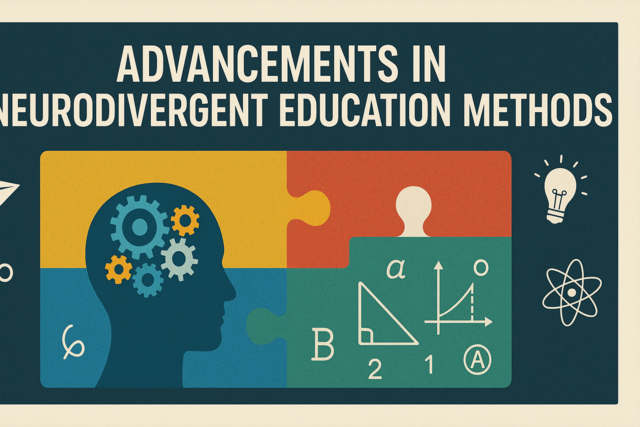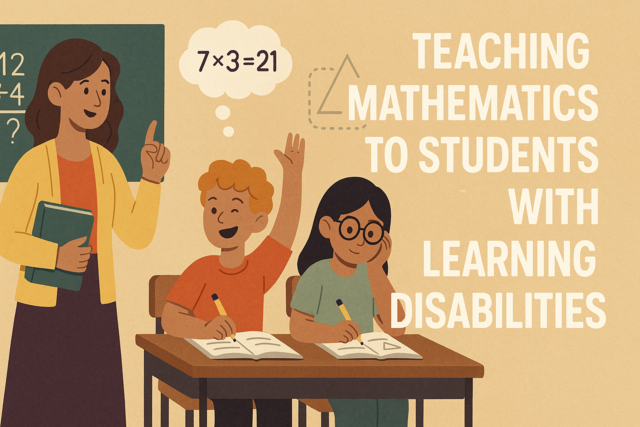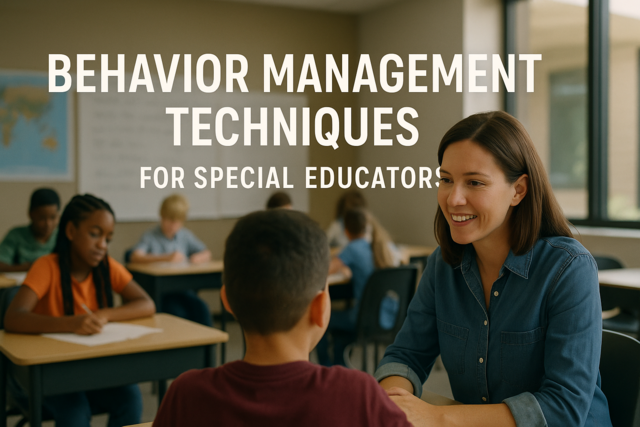Online Class: Developing Self-Advocacy Skills in Students with Disabilities

no certificate
with CEU Certificate*
-
15Lessons
-
22Exams &
Assignments -
4Hours
average time -
0.4CEUs
Course Description
Have you ever imagined a world where every student, regardless of their abilities, could stride confidently toward their dreams, fully equipped to advocate for their needs and embrace their unique selves? Picture a future where students with disabilities don't just hope for equal opportunities; they forge their paths with resilience, empathy, and an unwavering sense of self-worth. Welcome to the transformative journey of "Developing Self-Advocacy Skills in Students with Disabilities," a course designed not merely to educate, but to empower.
From the outset, this course is your gateway to revolutionizing the lives of students with disabilities. You'll embark on a journey of discovery, where legal knowledge becomes a tool of empowerment and self-awareness blossoms into self-assurance. It's about understanding their rights, but more importantly, understanding themselves. Through our immersive course experience, you will come to see how potential is unlocked not just by knowledge, but by the courage to apply it.
Imagine leading students as they learn to recognize their inherent strengths, from exceptional visual skills to unparalleled communication abilities. You'll witness first-hand how embracing diversity doesn't just improve educational outcomes but transforms entire educational landscapes into bastions of inclusivity. With each lesson, you'll guide students through the labyrinth of educational obstacles, showing them how to transform challenges into stepping stones for success. This course ensures you have the tools to make such profound changes.
But what truly sets this course apart is its soul. It infuses every lesson with empathy, building bonds between educators, students, and families. The course nurtures a community where experiences are shared, and voices are amplified. As you delve deeper, you'll find the power of storytelling and active listening at your fingertips, vital components that allow students to dismantle societal stereotypes and construct narratives of achievement and self-belief.
Empowerment is not a destination; it's an ongoing journey of self-discovery, and this course is the compass that points the way. You will learn how to foster environments that are not just supportive, but revolutionary, where universal access and inclusive policies become the norm, not the exception. It's about training educators to dream bigger, break barriers, and lift students into the realm of possibility.
The course also acts as a bridge, connecting students with their familial support systems. Families are pivotal in this journey, and together, we cultivate spaces where emotional resilience is nurtured, acting as the bedrock for self-advocacy. Your role will be paramount in guiding families to communicate effectively, ensuring students evolve into confident advocates.
Practicality is at the heart of this course. We delve into assistive technologies, transforming the way students communicate and thrive in their educational settings. Students will learn to navigate platforms like Facebook and Twitter, not merely as social tools but as avenues for advocacy and community-building. This course ensures students are armed with not just knowledge, but also the modern tools of communication.
Legal literacy becomes a significant advantage as we unravel frameworks like IDEA and ADA. You'll guide students to transform potential barriers into opportunities, enabling them to surmount challenges with strategic finesse. Equipped with this knowledge, every student can face the world with renewed agency and assurance.
This journey is about unlocking potential across all areas of life. It's about crafting personalized paths that nurture independence through the mastery of time management and adaptive tools. It's about engaging with self-awareness to catapult students into empowered learning, where reflection is a conduit for growth and confidence.
Ultimately, "Developing Self-Advocacy Skills in Students with Disabilities" is not just a course. It's a narrative of empowerment, a manifesto for change, and a call to action. It's a pledge that no student should walk their educational journey alone, and with your guidance, they won't have to. So, step forward and embrace this transformative experience, and become the beacon of change you wish to see, illuminating paths for students who stand ready to change the world.
Enroll today and let's revolutionize the future, one empowered student at a time.
- Completely Online
- Self-Paced
- 6 Months to Complete
- 24/7 Availability
- Start Anytime
- PC & Mac Compatible
- Android & iOS Friendly
- Accredited CEUs

Course Lessons
Lesson 1. Inclusive Education: Embracing Neurodiversity for a Better Future
By aligning self-advocacy with legal knowledge, students with disabilities can confidently navigate educational and societal challenges, requesting necessary accommodations for success. This journey emphasizes the importance of persistence, resilience, and building strong support systems for lifelong empowerment.Lesson 2. Empathy and Advocacy: Shaping the Future of Education
Embracing a strengths-based educational approach enhances learning by recognizing individual talents and fostering resilience in overcoming challenges, as seen in students with ASD or visual impairments leveraging technology. This journey of empowerment through empathy, creativity, and self-reflection transforms educational landscapes into inclusive and dynamic environments.Lesson 3. Unleashing Your Potential: Understanding Strengths and Challenges
Self-awareness of strengths such as visual or communication skills can guide career choices and roles in team settings, fostering engagement and sharpening abilities. Simultaneously, embracing challenges like auditory processing needs inspires strategies that improve learning experiences through specific accommodations.Lesson 4. Empowerment Through Self-Discovery and Advocacy
Empowerment derived from understanding personal strengths extends beyond academics, offering lifelong benefits and enhancing self-advocacy skills. Through iterative self-assessment and strategic adjustments, students build resilience and adaptability, crucial for success in various pursuits.Lesson 5. Navigating IDEA: A Guide to Equitable Education
IDEA's commitment to inclusion is demonstrated through the Least Restrictive Environment (LRE) provision, ensuring students with disabilities learn in settings similar to those of their non-disabled peers. This promotes valuable social integration and life skills, preparing students for success beyond the classroom.Lesson 6. The Power of Active Listening: Fostering Empathy and Innovation in Diverse Educational Landscapes
Effective self-advocacy for students with disabilities rests on a foundation of self-esteem, resilience, and societal understanding. By reflecting on personal narratives and addressing misunderstandings, these students can surmount societal stereotypes and become leaders in their educational journey and beyond.Lesson 7. Overcoming Barriers: Empowering Students with Disabilities through Self-Advocacy
Overcoming structural and social barriers within educational institutions is critical for the self-advocacy of students with disabilities. Commitment to universal access, inclusive policies, and educator training can transform learning environments, fostering resilience and empowerment among students.Lesson 8. Building Independence: The Self-Advocacy Journey
Achieving educational success for neurodivergent students requires embracing inclusivity and leveraging technology to create customized learning approaches. With collaborative support and Universal Design for Learning, educators can cultivate an environment that respects individuality and empowers each learner.Lesson 9. Strength Through Support: The Impact of Family on Student Self-Advocacy
Families act as the first line of communication, teaching students with disabilities effective interaction techniques and reinforcing resilience. By fostering environments of emotional support and open dialogue, families ensure students develop the self-advocacy skills necessary to thrive in their communities.Lesson 10. Empowering Students: Navigating Rights and Accommodations
Cultivating self-advocacy for students with disabilities involves understanding rights, engaging in open dialogue, and utilizing available institutional resources. These efforts not only bolster academic success but equip students with lifelong negotiation and communication skills that foster inclusion and independence across diverse life scenarios.Lesson 11. Breaking Barriers: Assistive Tech for Communication
Social media platforms offer robust support networks and advocacy channels for students with disabilities, enhancing self-advocacy skills. Engaging spaces like Facebook and Twitter allow students to join discussions, access resources, and participate in campaigns, fostering a sense of community and empowerment.Lesson 12. Crafting Your Path: Navigating Goals and Priorities for Self-Advocacy
Mastering time management and setting priorities enable students with disabilities to effectively manage their educational and personal lives. Adaptive tools and strategies support skill development, fostering independence and resilience.Lesson 13. Navigating Legal Frameworks for Inclusive Education
Students with disabilities embark on an educational journey empowered by understanding legal rights and available accommodations, transforming potential barriers into opportunities for growth. Through legislation like IDEA, ADA, and Section 504, they gain equitable access to education, while personalized tools such as IEPs ensure tailored learning environments to match their unique needs.Lesson 14. Self-Awareness and Reflection: Keys to Empowerment
Journaling and reflective dialogue empower students by transforming personal experiences into learning opportunities, leading to improved understanding of strengths, needs, and advocacy strategies. As students embrace reflection as part of their academic journey, they confidently navigate educational settings with newfound agency.Lesson 15. Self-Advocacy Skills for Empowered Learning
Students with disabilities benefit from cultivating self-advocacy skills, as it amplifies their voices in educational settings and beyond, promoting independence and self-belief. By connecting with mentors and peers for support, they nurture an inclusive network that celebrates diversity and facilitates personal growth.
Learning Outcomes
- Define self-awareness by identifying one's personal strengths, weaknesses, and preferences as related to self-advocacy.
- Demonstrate effective communication by articulating specific needs for accommodations in educational settings using assertive and respectful language.
- Define resilience and explain its impact on students with disabilities through measurable changes in academic performance or personal growth.
- Identify and describe personal strengths through self-reflection and feedback, demonstrating improved self-advocacy skills in real-life scenarios.
- Demonstrate understanding by identifying personal strengths and challenges and describing how they facilitate effective self-advocacy in educational settings.
- Identify and articulate specific communication strategies that leverage personal strengths and address challenges to enhance self-advocacy skills effectively.
- Define personal strengths and challenges through self-assessment and reflection activities, such as journaling and feedback solicitation from mentors.
- Demonstrate self-advocacy by aligning personal strengths with appropriate accommodations, like advocating for oral instead of written assessments to highlight verbal skills.
- Apply knowledge of IDEA and related legislation by explaining the importance of self-advocacy skills in ensuring students with disabilities access to a FAPE and LRE.
- Demonstrate an understanding of IDEA's principles by identifying the key components of an IEP and describing how they support educational goals for students with disabilities.
- Demonstrate self-advocacy skills through role-playing by effectively articulating personal needs and negotiating solutions in simulated real-world scenarios.
- Recognize and interpret non-verbal cues such as body language and facial expressions to enhance communication and ensure mutual understanding.
- Describe and evaluate the significance of internal and external barriers in self-advocacy for students with disabilities.
- Demonstrate mastery of lesson content at levels of 70% or higher.
Additional Course Information

- Document Your Lifelong Learning Achievements
- Earn an Official Certificate Documenting Course Hours and CEUs
- Verify Your Certificate with a Unique Serial Number Online
- View and Share Your Certificate Online or Download/Print as PDF
- Display Your Certificate on Your Resume and Promote Your Achievements Using Social Media

Choose Your Subscription Plan
No Certificate / No CEUs
This course only
| Includes certificate | X |
| Includes CEUs | X |
| Self-paced |

|
| Instructor support |

|
| Time to complete | 6 months |
| No. of courses | 1 course |
Certificate & CEUs
This course only
| Includes certificate |

|
| Includes CEUs |

|
| Self-paced |

|
| Instructor support |

|
| Time to complete | 6 months |
| No. of courses | 1 course |
Certificates & CEUs
Includes all 600+ courses
| Includes certificate |

|
| Includes CEUs |

|
| Self-paced |

|
| Instructor support |

|
| Time to complete | 12 Months |
| No. of courses | 600+ |
Certificates & CEUs
Includes all 600+ courses
| Includes certificate |

|
| Includes CEUs |

|
| Self-paced |

|
| Instructor support |

|
| Time to complete | 24 Months |
| No. of courses | 600+ |
Related Courses
-
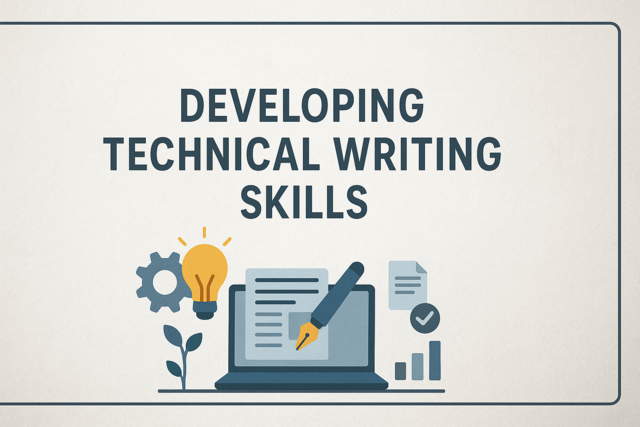 3 hours
0.3 CEUs
Developing Technical Writing Skills
+ More Info
3 hours
0.3 CEUs
Developing Technical Writing Skills
+ More Info
-
 4 hours
0.4 CEUs
Sales Skills and Strategies
+ More Info
4 hours
0.4 CEUs
Sales Skills and Strategies
+ More Info
-
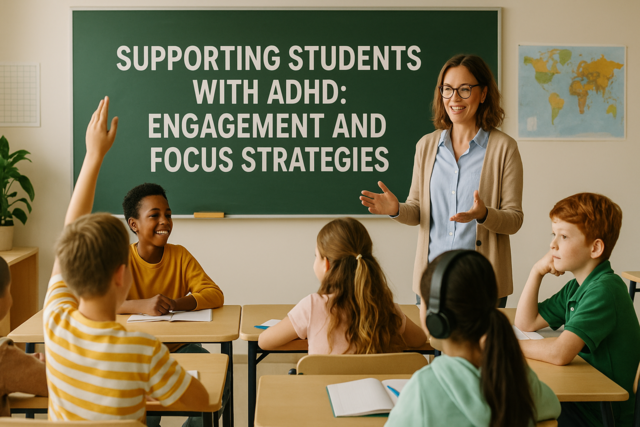 4 hours
0.4 CEUs
Supporting Students with ADHD: Engagement and Focus Strategies
+ More Info
4 hours
0.4 CEUs
Supporting Students with ADHD: Engagement and Focus Strategies
+ More Info
-
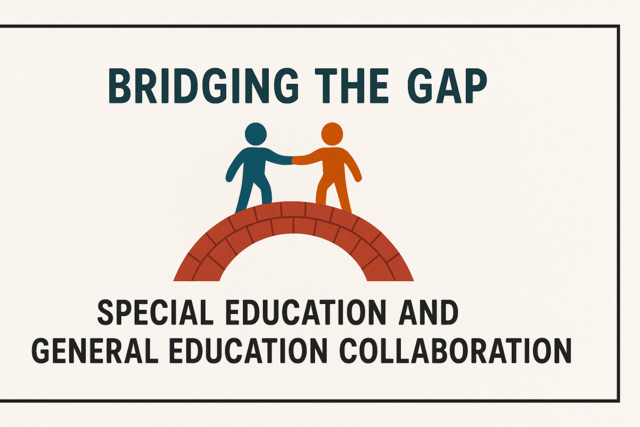 4 hours
0.4 CEUs
Bridging the Gap: Special Education and General Education Collaboration
+ More Info
4 hours
0.4 CEUs
Bridging the Gap: Special Education and General Education Collaboration
+ More Info
-
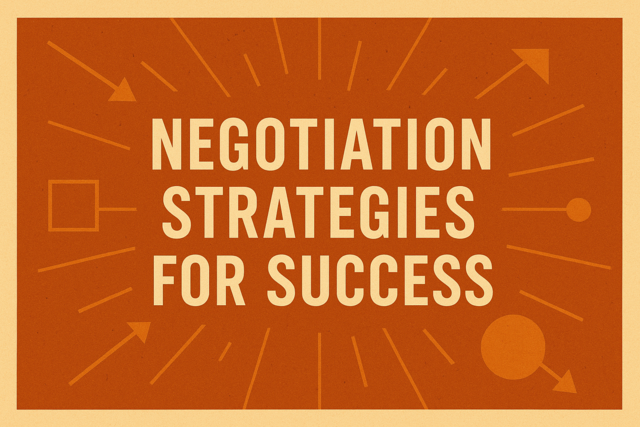 7 hours
0.7 CEUs
Negotiation Strategies for Success
+ More Info
7 hours
0.7 CEUs
Negotiation Strategies for Success
+ More Info
-
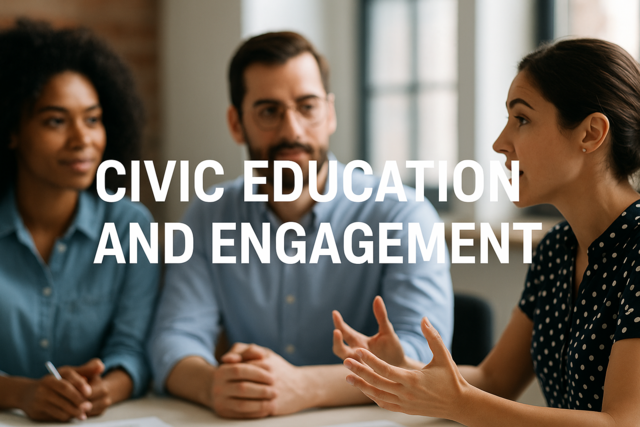 7 hours
0.7 CEUs
Civic Education and Engagement
+ More Info
7 hours
0.7 CEUs
Civic Education and Engagement
+ More Info
-
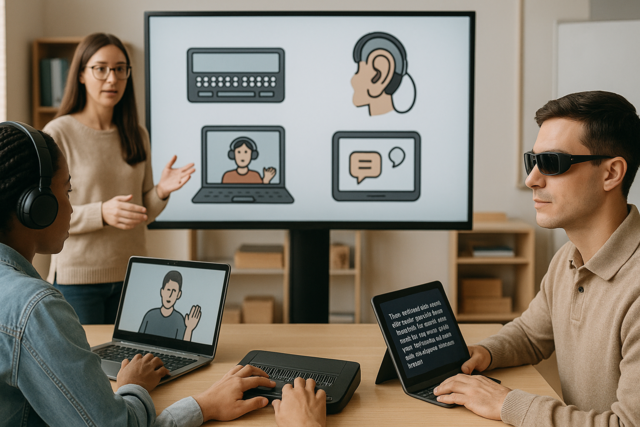 7 hours
0.7 CEUs
Assistive Technology for Vision and Hearing Impairments
+ More Info
7 hours
0.7 CEUs
Assistive Technology for Vision and Hearing Impairments
+ More Info
-
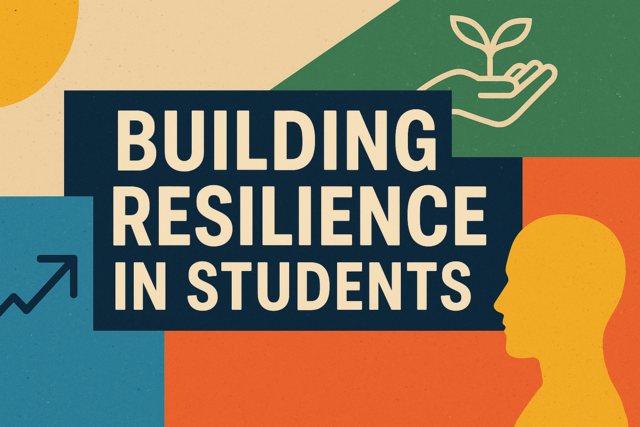 3 hours
0.3 CEUs
Building Resilience in Students
+ More Info
3 hours
0.3 CEUs
Building Resilience in Students
+ More Info
-
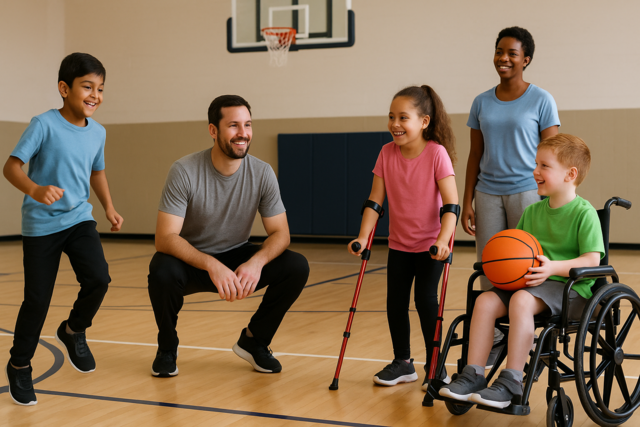 5 hours
0.5 CEUs
Inclusive Sports and Physical Education for Special Needs
+ More Info
5 hours
0.5 CEUs
Inclusive Sports and Physical Education for Special Needs
+ More Info
-
 4 hours
0.4 CEUs
Elite Ensembles: Crafting Timeless Women's Looks
+ More Info
4 hours
0.4 CEUs
Elite Ensembles: Crafting Timeless Women's Looks
+ More Info
-
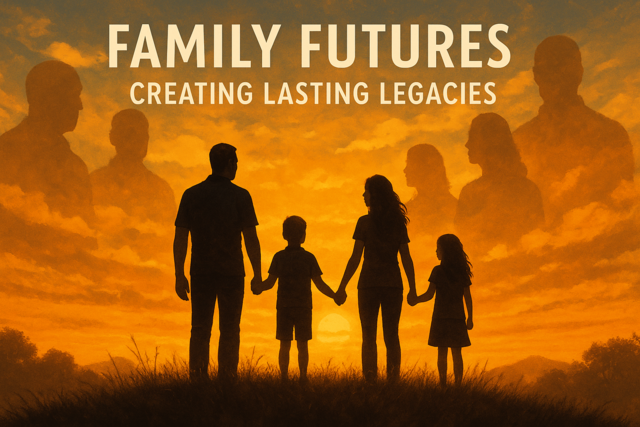 5 hours
0.5 CEUs
Family Futures: Creating Lasting Legacies
+ More Info
5 hours
0.5 CEUs
Family Futures: Creating Lasting Legacies
+ More Info
-
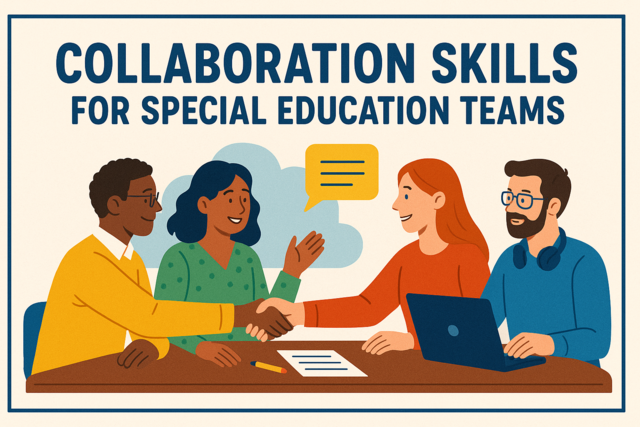 4 hours
0.4 CEUs
Collaboration Skills for Special Education Teams
+ More Info
4 hours
0.4 CEUs
Collaboration Skills for Special Education Teams
+ More Info
-
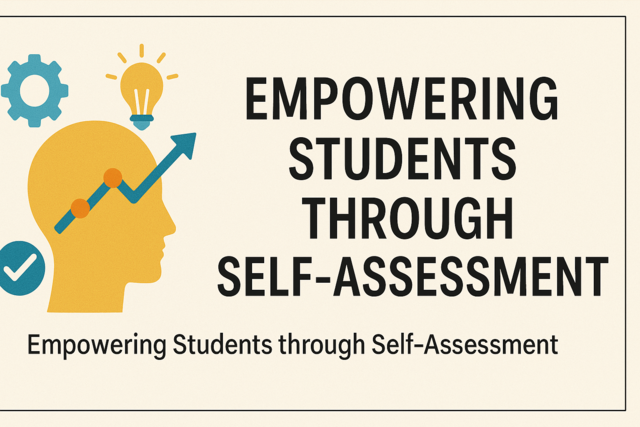 3 hours
0.3 CEUs
Empowering Students through Self-Assessment
+ More Info
3 hours
0.3 CEUs
Empowering Students through Self-Assessment
+ More Info
-
 7 hours
0.7 CEUs
Mastering Time Management for Professionals
+ More Info
7 hours
0.7 CEUs
Mastering Time Management for Professionals
+ More Info
-
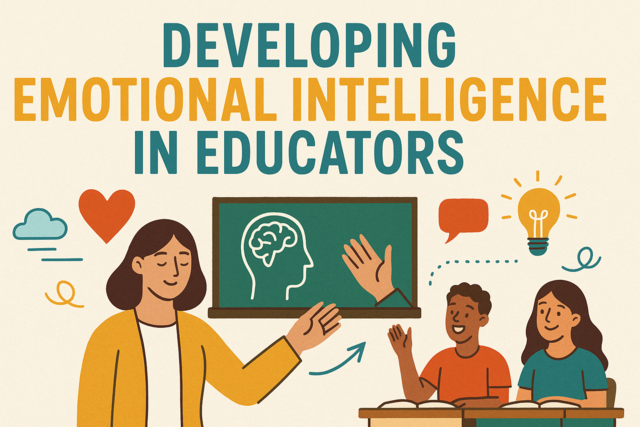 4 hours
0.4 CEUs
Developing Emotional Intelligence in Educators
+ More Info
4 hours
0.4 CEUs
Developing Emotional Intelligence in Educators
+ More Info
-
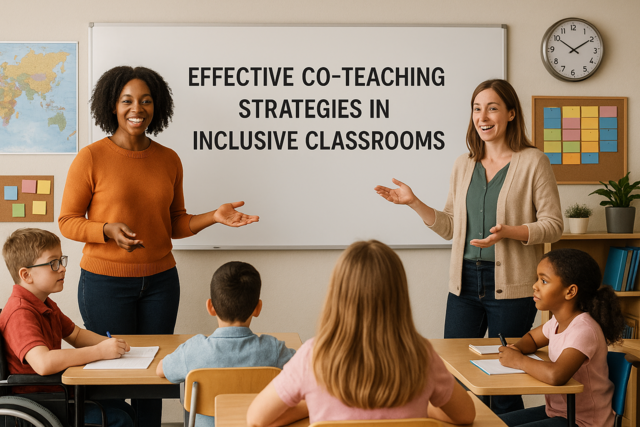 5 hours
0.5 CEUs
Effective Co-Teaching Strategies in Inclusive Classrooms
+ More Info
5 hours
0.5 CEUs
Effective Co-Teaching Strategies in Inclusive Classrooms
+ More Info
-
 4 hours
0.4 CEUs
Understanding Artificial Intelligence
+ More Info
4 hours
0.4 CEUs
Understanding Artificial Intelligence
+ More Info
-
 3 hours
0.3 CEUs
The Science of Happiness in Family Life
+ More Info
3 hours
0.3 CEUs
The Science of Happiness in Family Life
+ More Info
-
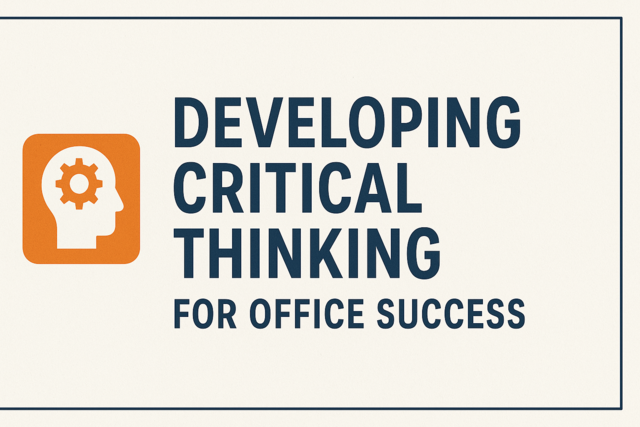 4 hours
0.4 CEUs
Developing Critical Thinking for Office Success
+ More Info
4 hours
0.4 CEUs
Developing Critical Thinking for Office Success
+ More Info
-
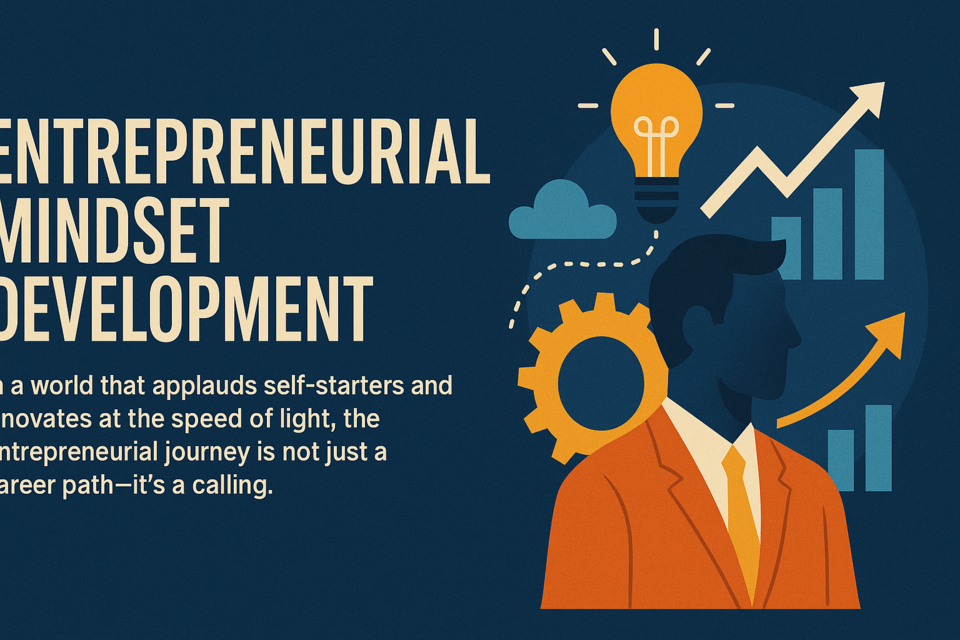 7 hours
0.7 CEUs
Entrepreneurial Mindset Development
+ More Info
7 hours
0.7 CEUs
Entrepreneurial Mindset Development
+ More Info
-
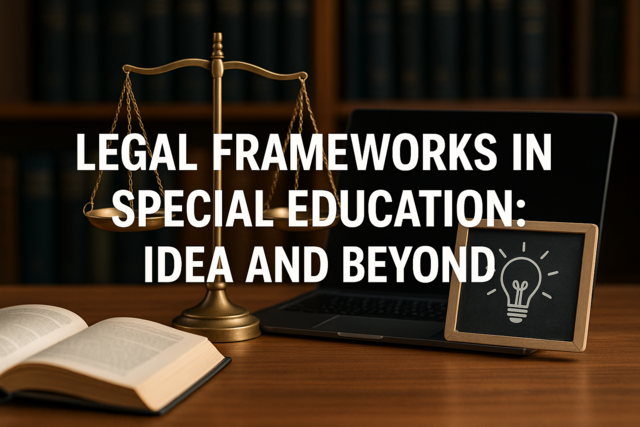 7 hours
0.7 CEUs
Legal Frameworks in Special Education: IDEA and Beyond
+ More Info
7 hours
0.7 CEUs
Legal Frameworks in Special Education: IDEA and Beyond
+ More Info
-
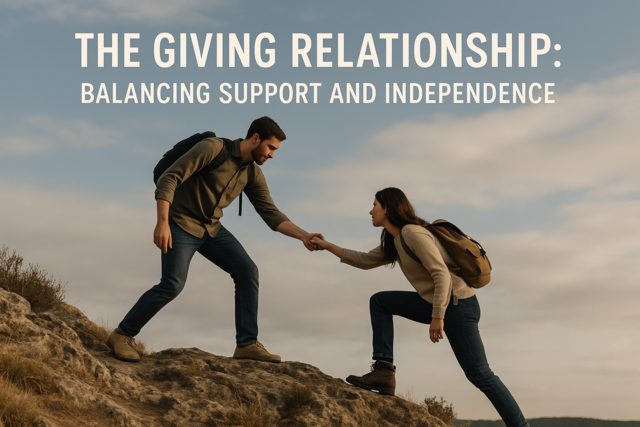 4 hours
0.4 CEUs
The Giving Relationship: Balancing Support and Independence
+ More Info
4 hours
0.4 CEUs
The Giving Relationship: Balancing Support and Independence
+ More Info
-
 3 hours
0.3 CEUs
Career Resilience and Adaptability
+ More Info
3 hours
0.3 CEUs
Career Resilience and Adaptability
+ More Info
-
 6 hours
0.6 CEUs
The Art of Emotional Intelligence: Building Stronger Connections
+ More Info
6 hours
0.6 CEUs
The Art of Emotional Intelligence: Building Stronger Connections
+ More Info
-
 5 hours
0.5 CEUs
Cooking and Nutrition for a Healthy Life
+ More Info
5 hours
0.5 CEUs
Cooking and Nutrition for a Healthy Life
+ More Info
-
 7 hours
0.7 CEUs
Adapting to Change in a Fast-Paced World
+ More Info
7 hours
0.7 CEUs
Adapting to Change in a Fast-Paced World
+ More Info
-
 6 hours
0.6 CEUs
Numerology and Life Path Analysis
+ More Info
6 hours
0.6 CEUs
Numerology and Life Path Analysis
+ More Info
-
 7 hours
0.7 CEUs
Vintage Visions: Integrating Past Styles in Modern Luxury
+ More Info
7 hours
0.7 CEUs
Vintage Visions: Integrating Past Styles in Modern Luxury
+ More Info
-
 6 hours
0.6 CEUs
Luxe Vision: Designing a Fashionable Future
+ More Info
6 hours
0.6 CEUs
Luxe Vision: Designing a Fashionable Future
+ More Info
-
 5 hours
0.5 CEUs
Intuitive Arts: Beyond the Five Senses
+ More Info
5 hours
0.5 CEUs
Intuitive Arts: Beyond the Five Senses
+ More Info
-
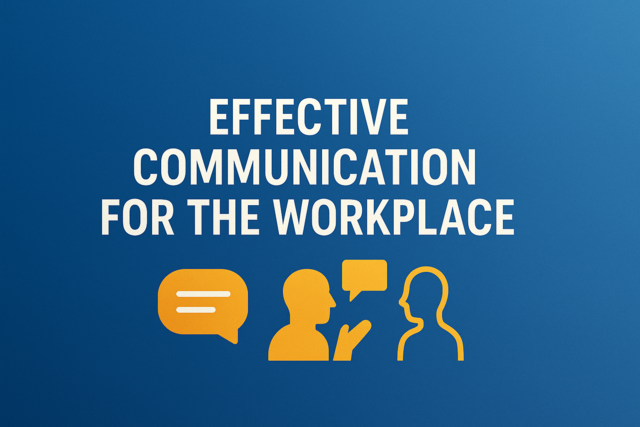 7 hours
0.7 CEUs
Effective Communication for the Workplace
+ More Info
7 hours
0.7 CEUs
Effective Communication for the Workplace
+ More Info
-
 6 hours
0.6 CEUs
Fashion Forward: Trendsetting in the Modern Era
+ More Info
6 hours
0.6 CEUs
Fashion Forward: Trendsetting in the Modern Era
+ More Info
-
 7 hours
0.7 CEUs
Introduction to Human Resources
+ More Info
7 hours
0.7 CEUs
Introduction to Human Resources
+ More Info
-
 6 hours
0.6 CEUs
The Influence Index: How Environment Shapes Relationships
+ More Info
6 hours
0.6 CEUs
The Influence Index: How Environment Shapes Relationships
+ More Info
-
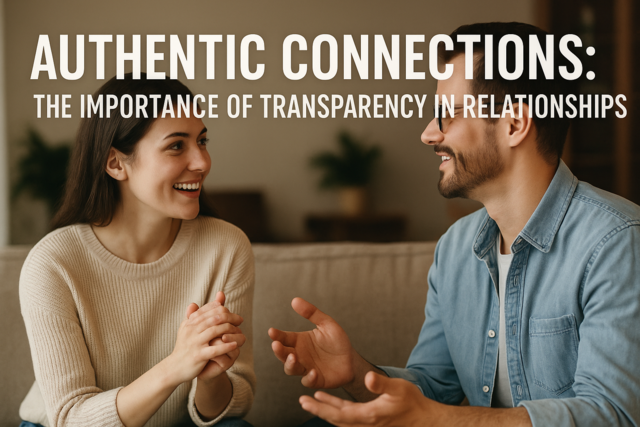 7 hours
0.7 CEUs
Authentic Connections: The Importance of Transparency in Relationships
+ More Info
7 hours
0.7 CEUs
Authentic Connections: The Importance of Transparency in Relationships
+ More Info
-
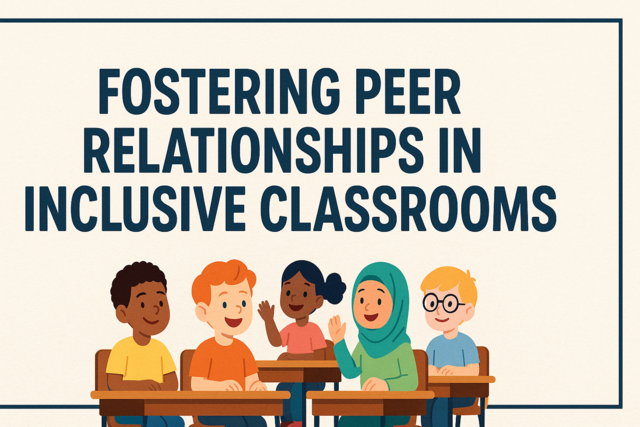 7 hours
0.7 CEUs
Fostering Peer Relationships in Inclusive Classrooms
+ More Info
7 hours
0.7 CEUs
Fostering Peer Relationships in Inclusive Classrooms
+ More Info
-
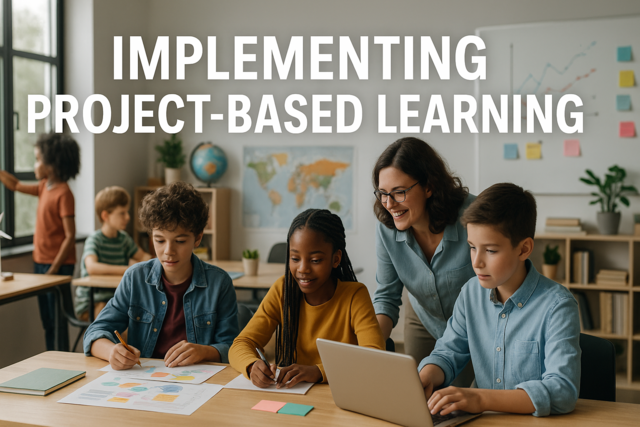 4 hours
0.4 CEUs
Implementing Project-Based Learning
+ More Info
4 hours
0.4 CEUs
Implementing Project-Based Learning
+ More Info
-
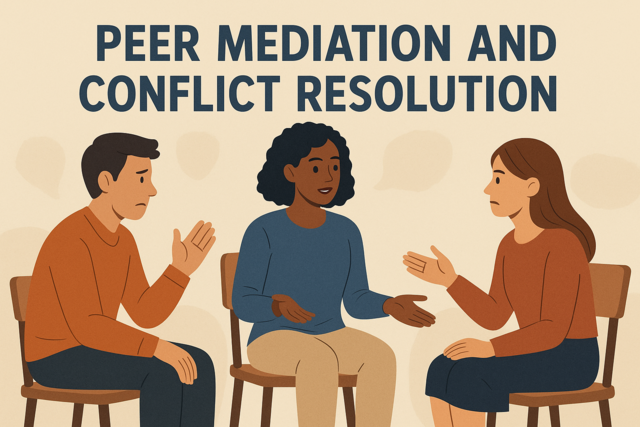 6 hours
0.6 CEUs
Peer Mediation and Conflict Resolution
+ More Info
6 hours
0.6 CEUs
Peer Mediation and Conflict Resolution
+ More Info
-
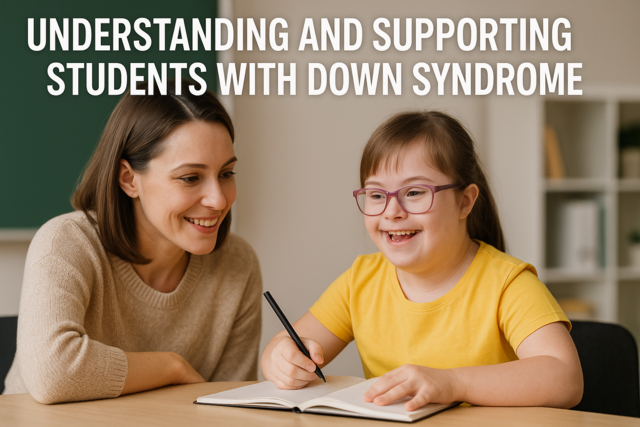 3 hours
0.3 CEUs
Understanding and Supporting Students with Down Syndrome
+ More Info
3 hours
0.3 CEUs
Understanding and Supporting Students with Down Syndrome
+ More Info
-
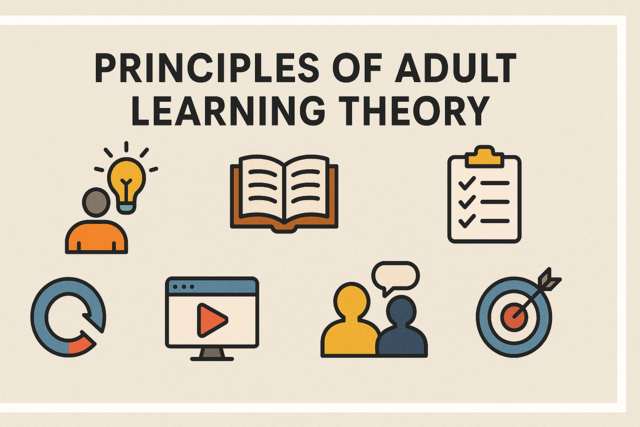 4 hours
0.4 CEUs
Principles of Adult Learning Theory
+ More Info
4 hours
0.4 CEUs
Principles of Adult Learning Theory
+ More Info


